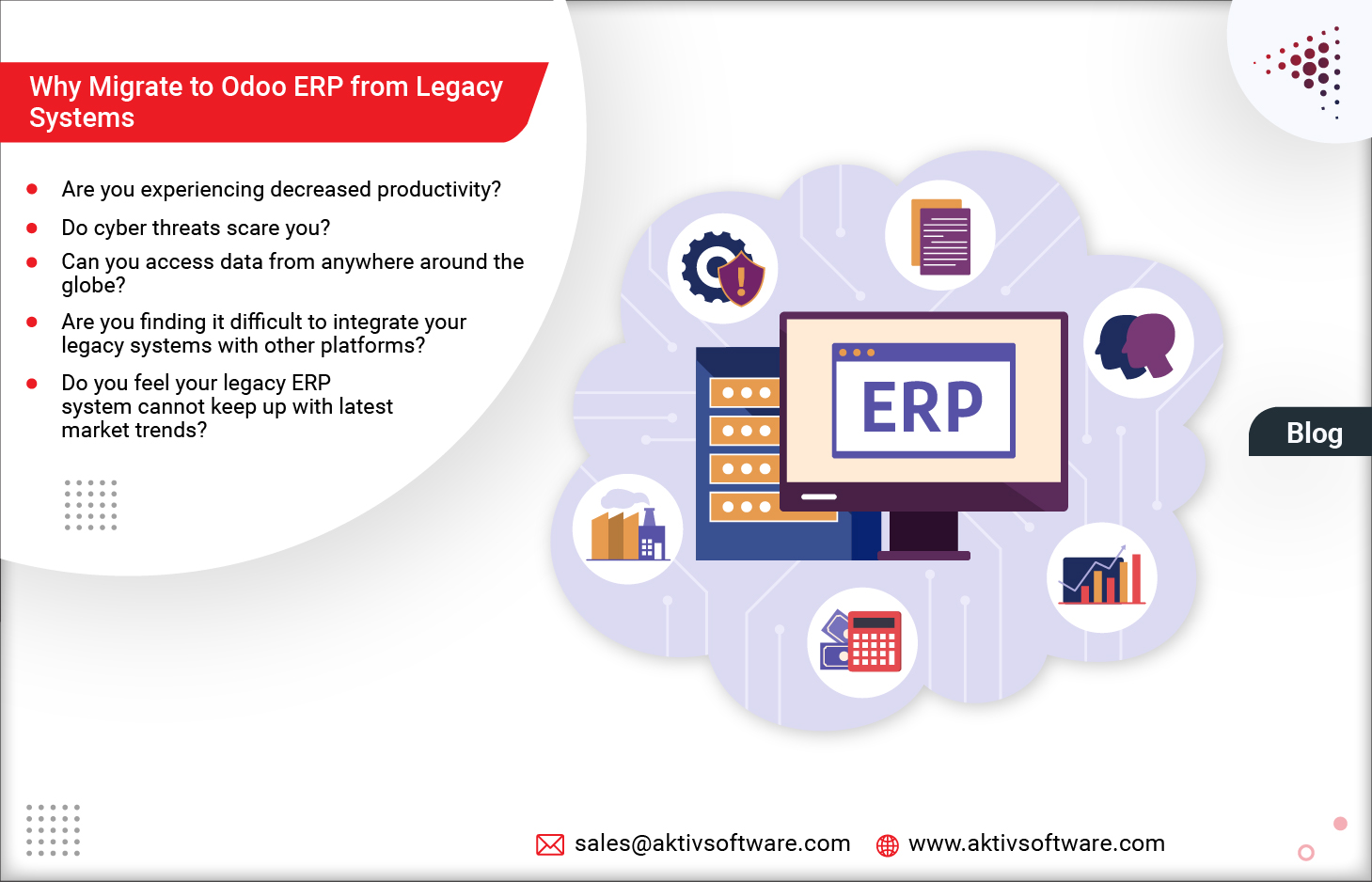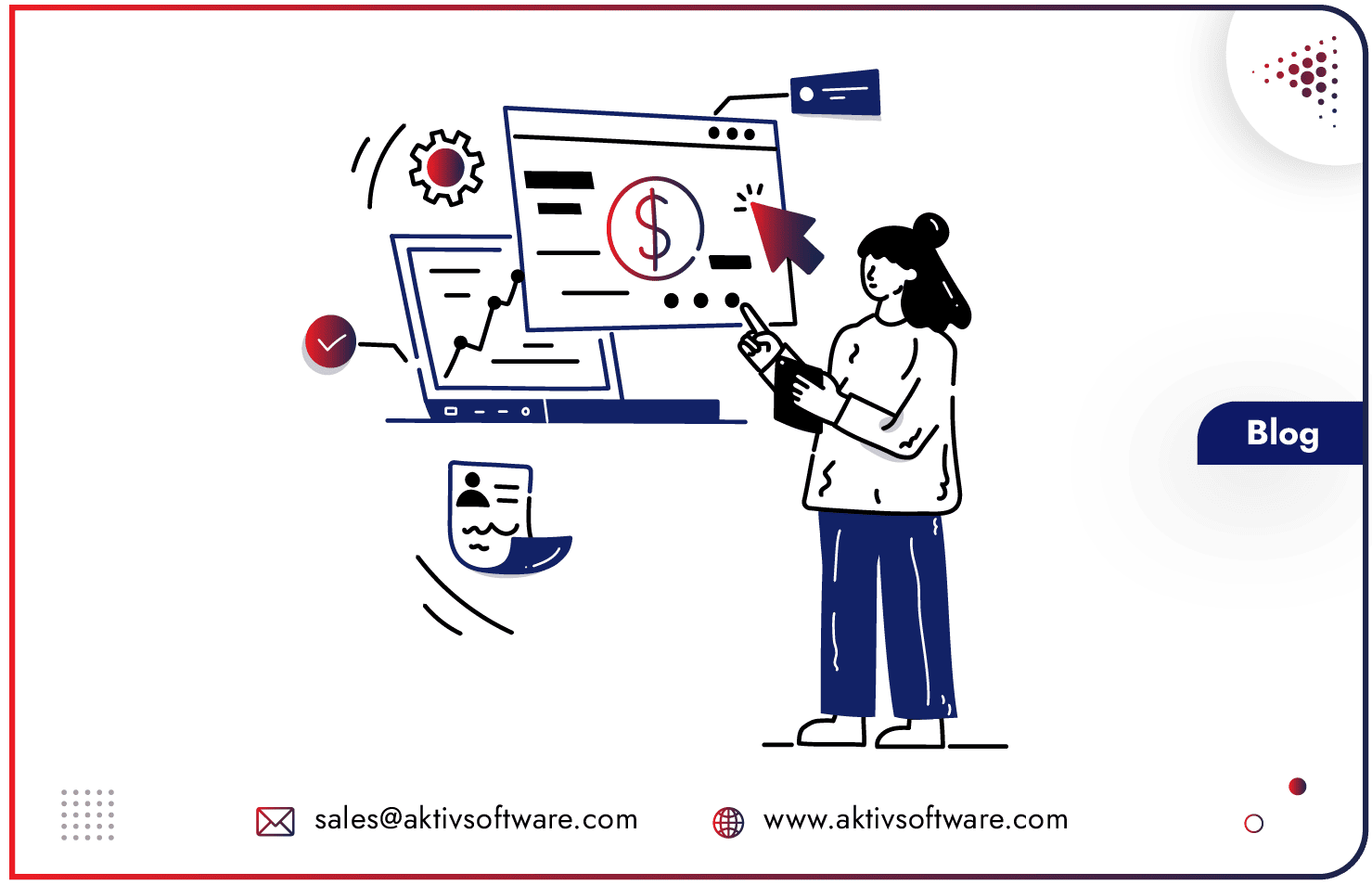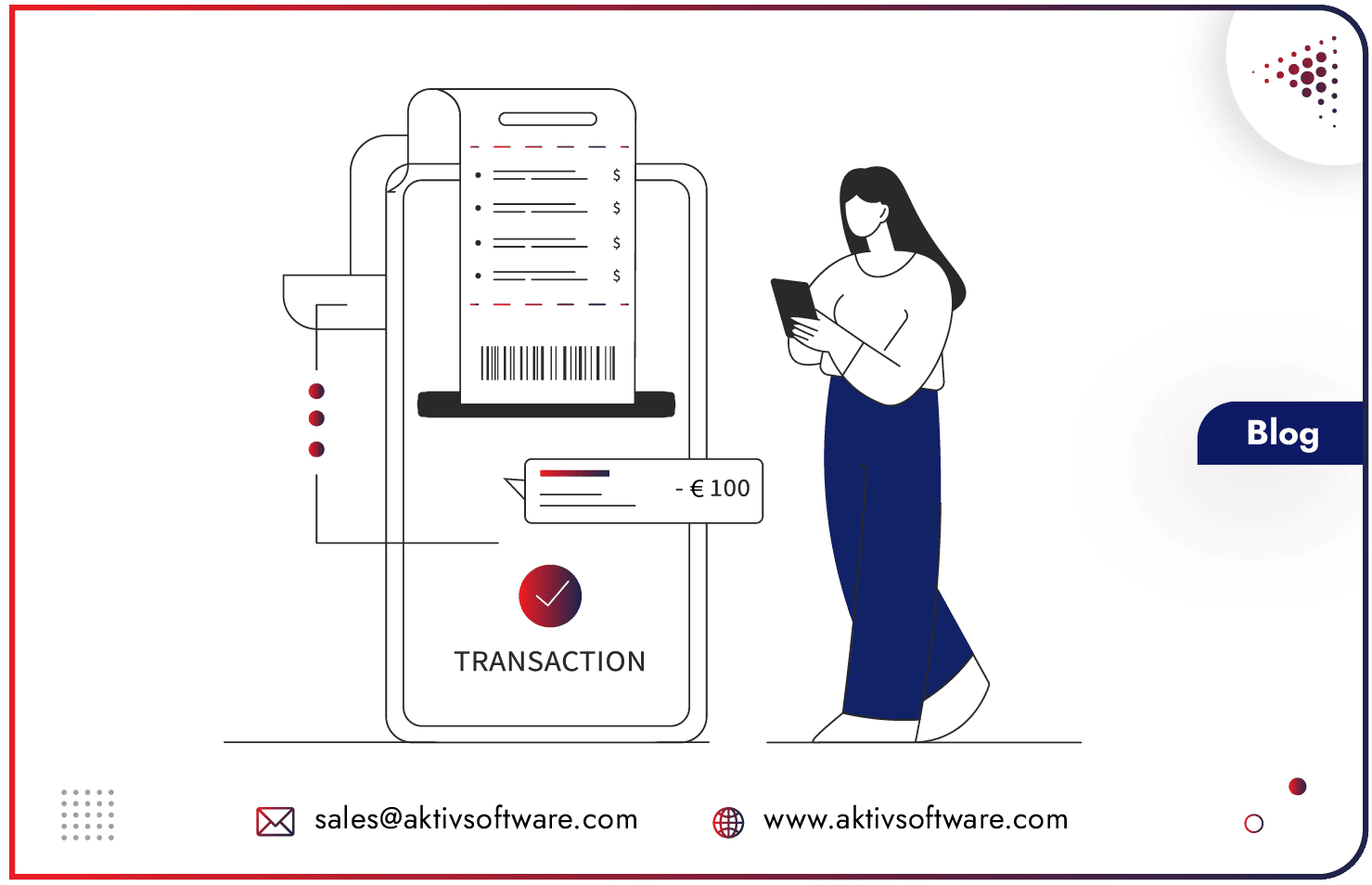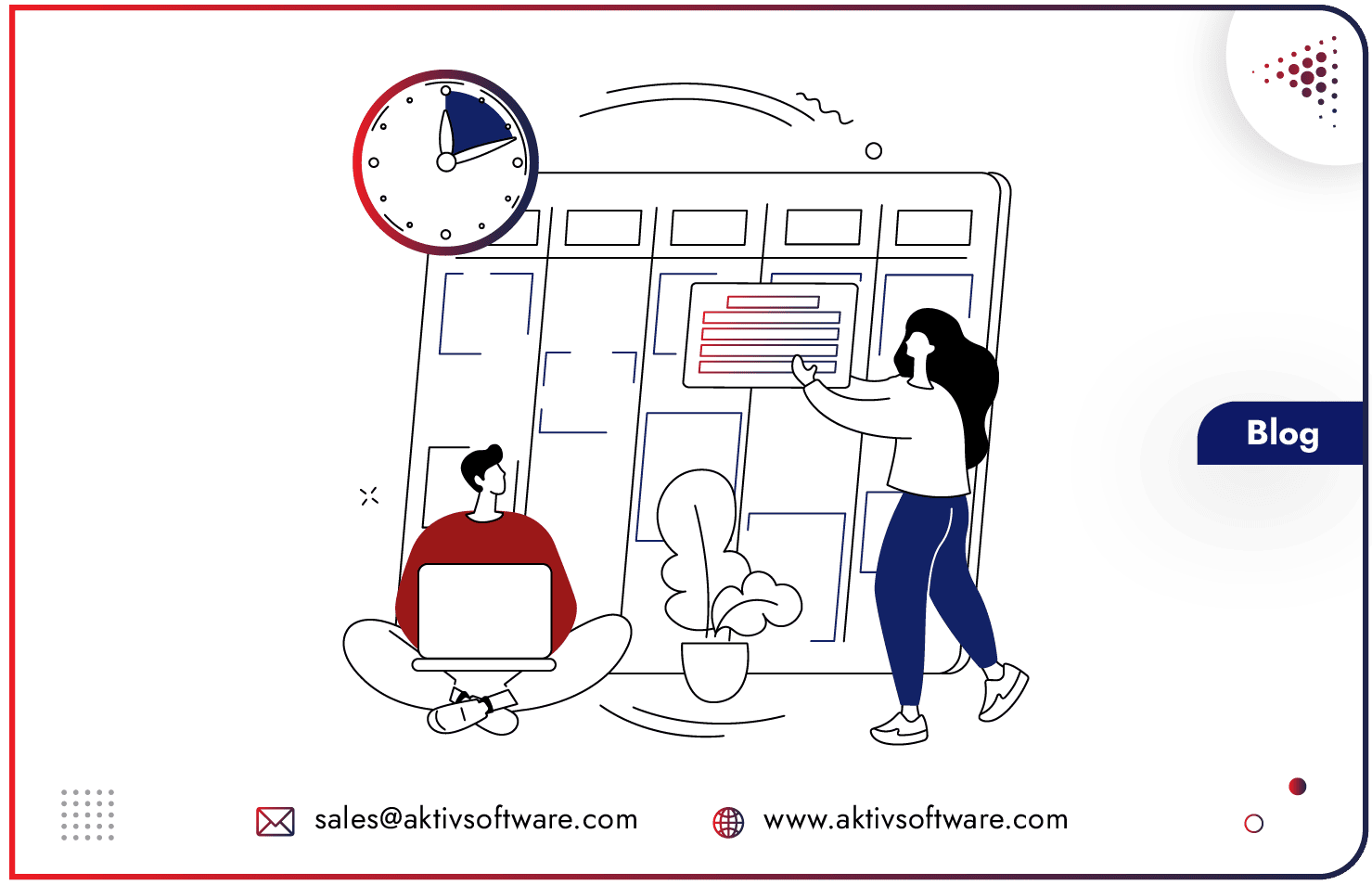Regardless of their familiarity, legacy systems are not a good option in the long run. If you have been reliant on your legacy systems and are looking for an ideal ERP solution to migrate to, you are in the right place.
In this blog, we’ll discuss why a Migration to ERP from legacy systems is more important than ever and why we specifically recommend Odoo ERP.
Why Migrating from Legacy Systems is more important than ever?
If you delay Migration to cloud-based ERPs, forget to obtain real-time insights based on data analysis. The legacy systems can’t do it. And if you don’t switch, you’ll get swamped in the ocean of competitors.
If your legacy ERP system is giving you constant headaches and frequent downtimes, causing data losses and making you do most of the work, then it is time for you to migrate to a cloud-based ERP System like Odoo. Here are signs that you should follow:
Are you experiencing decreased productivity?
Migrating to Odoo ERP is the best way businesses can adapt and meet the needs of the ever-evolving market. Legacy systems still need manual labor, but with Odoo, companies can improve their efficiency and productivity. The migration process is much more cost-effective than replacing outdated legacy systems.
Do cyber threats scare you?
Legacy systems are more prone to cyber-attacks, and after a period, they stop offering updates or maintenance support. You won’t have to face this with any cloud service like Odoo ERP. Odoo is built keeping in mind today’s business; hence, Migration to cloud-based ERPs is a better option.
Is your Data Centralized?
Web-based cloud ERP Systems like Odoo allow businesses to access data from anywhere, everywhere, and anytime from the operating system or device of their choice.
Is maintaining your Legacy system proving costly?
Do you have to do more manual labor? If it is, then it’s better to switch to a cloud-based ERP System, for it will be lighter on your pockets and will help ease your stress levels.
In 2019, the US Federal government ended up spending more than 80% of its IT Budget on maintaining legacy systems, costing them a whopping $64 billion. Not only did it create a lot of turmoil, but it also created cybersecurity issues and inefficiency across teams.
Are you not able to integrate your Legacy Systems with other platforms?
Legacy systems may not integrate as seamlessly with other systems or tools as an ERP System would. Migration to Odoo ERP would ensure that you don’t need constant workarounds, update patches or keep rewriting codes. And even if you integrate, there is no guarantee that it works as seamlessly as it should.
Do you feel your Legacy System cannot Scale with expanding operations?
Legacy systems were not designed in a way that could help you scale up as your business grows. You will need to constantly intervene, customize, and adjust your requirements, costing you time, money, and effort, which clearly signifies that you need to migrate.
Migration to Odoo ERP – Why not any other cloud-based ERP?
We’ve discussed why migrating from legacy to cloud-based is a good option. But why do we recommend Odoo ERP?
Did you know that more than 7 million users worldwide use Odoo ERP? Did you know that Toyota uses Odoo to streamline its material handling?
We recommend Odoo and vouch for it because of the following reasons:
A single platform is all you need
A single platform like Odoo is all you need to run your business efficiently. Many businesses worldwide are using Odoo due to its ability to integrate seamlessly across various devices. Odoo has a wide range of features available – CRM Solutions, HR Management, Financial Management, Inventory and Manufacturing Solutions, Supply Chain Management, etc.
Anything that equips you with these and more can be considered the perfect ERP Solution for you and your client’s business, especially if it doesn’t demand heavy investments.
Scale as per your requirement
Let’s say you have an Accounting App that fits your needs and want to avoid training your team with new software or App. You can use Odoo for all the features you wish, and you can skip those that you don’t.
Modern User Interface
Everybody wants a smooth, responsive, and interactive experience these days. Odoo’s unique value proposition lies here- it offers all the essential apps required to run a business on a single integrated system with a user-friendly interface.
Constant Upgrades
Odoo releases a new version every year, keeping the latest market trends and innovation in consideration. Odoo also has a robust community support portal and a worldwide open-source community where Odoo Developers and Consultants can add their insight to help improve Odoo.
Odoo launched its latest version Odoo 16, in October 2022, and we have also written a blog highlighting the reasons to upgrade to Odoo 16. Do check it out if you are considering migrating to Odoo.
Easy 3rd-party Integration
You can seamlessly integrate Odoo with 3rd party apps such as Quickbooks Accounting, Payment Gateways, Social Media Platforms, and E-commerce sites such as Magento, eBay, and Amazon.
Migration to Odoo ERP with Aktiv
If you are all set with the idea of Migration to Odoo ERP then the next step would be picking an implementation partner. It is critical to choose a reliable partner, as even minor loopholes can make your Odoo ERP Implementation worse than it was with the Legacy system.
You can rely on us regarding strategic consulting, development, customization, and migration, of Odoo ERP. Our team of 110 developers has completed 2000+ projects, and we aim to develop and deliver the most innovative and sustainable business solutions using Odoo.
Apart from that, Aktiv has vast experience in integrating Odoo ERP with various systems and portals like Magento, Shopify, different payment acquirers, etc.
Reach out to us and learn how we can help you migrate from your legacy system to Odoo ERP.
Schedule a free consultation call with our Certified Odoo experts.






